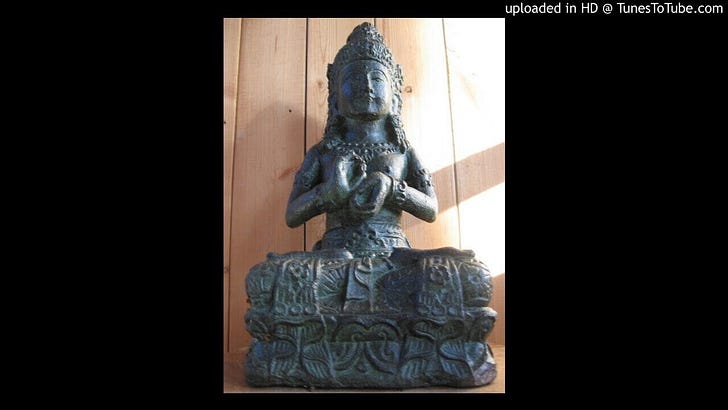London Bridge is falling down,
Falling down, falling down,
London Bridge is falling down,
My fair lady.[1]
Zen is evolving in the West in some very interesting ways.
I’m fascinated how the traditional schools of Zen mostly have found at least a toehold in the west, at least writ large. Some are missionizing, presenting transplants of their schools for western hearers. Japanese Soto and Korean Taego immediately leap to mind. What will come of these missions is yet to be written.
There are other Zen schools that while still clearly belonging to the Mahayana, but are more culturally hybrid. These tend to emphasize householder practice. Which is something I particularly find interesting. And even exciting.
And then there is the rise of non-Buddhist practitioners. It’s worth noticing these forms of Zen beyond the bounds we normally think of as Buddhist. I’ve met one or two Muslims who are devoted Zen practitioners without ever not being Muslim. I’ve also encountered a couple of Hindu Zen practitioners. The combinations of spiritualities that find alignment with Zen’s gifts appears nearly endless.
That said, I see three principal groupings of such people. Among multi-religious practitioners, Jews and Christians have found aspects of the discipline compelling. And with those numbers each brings gifts into our emerging western Zens. With that “s,” definitely a plural.




